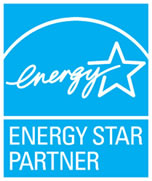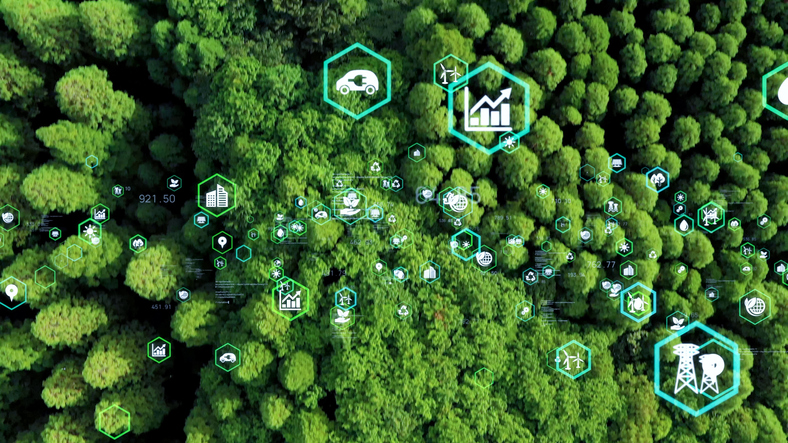Energy Star
Energy Star
ENERGY STAR® Qualified Homes and Green Home Builder in Raleigh NC. Going Green? Start with Don Collins and a home that has earned the Blue ENERGY STAR.

READ MORE ABOUT OURDesign
Energy efficiency is the cornerstone for every green home. Energy consumption has far reaching environmental impacts and is weighted heavily in the green building program. ENERGY STAR qualified homes are independently Third Party verified to meet strict guidelines for energy efficiency. These homes save money on utility bills, provide a more comfortable living environment with better indoor air quality, and help protect the environment.
Typical features to look for in ENERGY STAR qualified homes include:
An Efficient Home Envelope – effective levels of wall, floor, and attic insulation, properly installed comprehensive air barrier details, and high performance windows. Efficient Air Distribution – ducts are installed with minimum air leakage and are effectively insulated.
- Efficient Equipment- heating, cooling, and water heating
- Efficient Lighting- fixtures that earn the ENERGY STAR rating
- Efficient Appliances- ENERGY STAR qualified dishwashers, refrigerators, and clothes washers.
Monthly energy savings can easily exceed any additional mortgage cost for the energy efficiency improvements, resulting in a positive cash flow from the first day of home ownership.

VIEW PROJECTS IN OURPortfolio
Healthy Living
Chemicals emitted from certain building materials can be a potential source of health problems if they are not properly addressed. Certain paints, floor finishes, and carpet can contain chemicals that are not healthy to breathe, especially for small children. Fortunately, the building industry is responding to these concerns and developing safer products. Green building encourages a wide range of products such as low-VOC paints, solvent-free adhesives, and water based wood finishes that not only eliminate many suspected chemicals but also perform better than traditional products.
Adequate ventilation is a key to indoor air quality. Practices such as well-sealed duct systems, heat recovery and sealed combustion HVAC units, kitchen and bathroom exhausts vented to the outside, and balanced or slightly high positive pressure ventilation systems are especially important to building a healthy home.
Environmentally Friendly
Homebuilders and homebuyers are making decisions today that will affect the quality of our lives. In almost every construction project, a great deal of material waste can be reused or recycled instead of being disposed in landfills. By using a waste management plan and taking advantage of available recycling facilities, construction waste may be reduced by as much as two-thirds over conventional construction methods. Careful management of the construction process along with green building strategies provides benefits such as cost savings and offers you the assurance that you are following environmentally friendly guidelines that help preserve our natural resources.
We believe we can all make a difference that will improve the way we live – today and many years to come.


VIEW YOURCustom Home
Water Conservation
Green homes excel at conserving water both indoors and out. The average daily water consumption in homes today is more than 64 gallons. Implementing water conservation methods such as sink faucet and shower aerators, low flow toilets, insulated hot water pipes and tankless hot water systems can reduce water and associated energy by as much as 50%.
Using native drought-resistant landscaping and more efficient smart irrigation water delivery systems – such as rain collection or storm water management systems – helps prevent the unnecessary waste of valuable water resources.
Financial Savings
By incorporating good construction practices and products, green building makes homes more energy efficient. Adequate insulation and air sealing, efficient windows, appliances, lighting and plumbing fixtures help add to savings and reduce your monthly electric and water bills.
Green improvements can pay for themselves in as little as three years with an average annual return on investment of 25 to 30 percent over a typical home. Homes built following green building standards may also qualify for special “green” financing called an Energy Efficient Mortgage (EEM).


VIEW YOUREstimation
About Energy Star
ENERGY STAR qualified homes are independently Third Party verified to meet strict guidelines for energy efficiency. These homes save money on utility bills, provide a more comfortable living environment with better indoor air quality, and help protect the environment.
Learn More at the Energy Star website: www.energystar.gov








